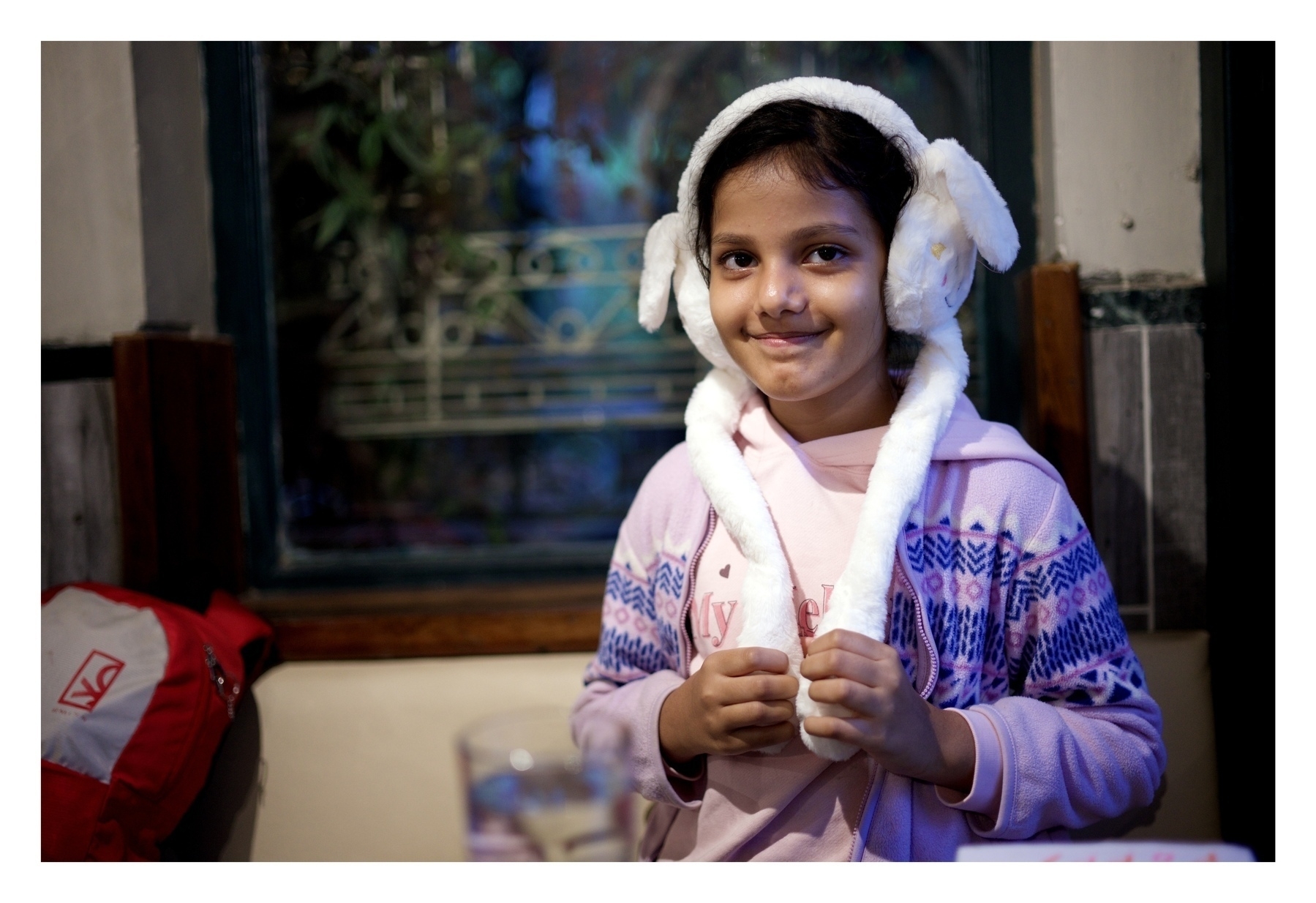Something feels odd about Ashwin’s retirment timing! A modern great and one of the most impactful player in recent times to have played for India.
Spoke to some young climatetech entrepreneurs. I liked the energy and intent but many of them are just force attaching a climate dimensions to their solutions. Someone who makes an app that measure your carbon footprint and help you buy carbon credit or generate ESG report is not really the ‘ClimateTech’ entrepreneur in true-sense.
At Intellecap we have more than 300 impact enterprises/startups that we are associated with through our different programs. Many of these enterprises are working on some of the most pressing climate and environment challenges.
One such young startup is Roha biotech with a very innovative solution for replacing plastic in packaging materials. Roha biotech team has a stall at Sankalp Forum and created a lot of excitement among corporate partners. Watch out for them!
Roha biotech is one of the Facility for Low Carbon Technology Deployment (FLCTD) innovation challenge winners that is being supported by Intellecap.
#climatetech #entrpreneurs #climateaction

I had some thought-provoking discussions on #climateeducation.
My biggest concern is that we are making climate education too focused on employment and jobs. This limits it. Climate education is like a new literacy campaign; everyone must get it. It is an impact multiplier for climate action.
Why I am loving BlueSky and why you should join as well.
I’m loving Bluesky as a social media platform. Recently, the X, insta others have become almost ineffective as a meaningful engagement platform on the topics I care for because of their algorithm, commercial interest and their ‘influencer’ centric business model. BlueSky is emerging as the go to platform for many people like me.
Here’s why I think you should check it out:
– No algorithms: Bluesky is all about community and connection, not clicks and engagement. You see what you choose to see, not what some algorithm thinks you want to see.
– It’s attracting scientists, academics, and people who are passionate about ideas.
– Meaningful conversations: The quality of engagement is high. People are having thoughtful discussions and connecting with like-minded individuals.
– No trolls (yet!): The community is still small and relatively troll-free. And there are good safeguards against abusive behavior.
I’m creating a starter pack (a compilation of profiles on a particular theme that can be followed in one go) of people working on climate action in the global south. If you’re interested in joining the conversation, drop your Bluesky link in the comments!
Here is my BlueSky profile. Connect me there if you are there already.
After a long time, started the day in front of the tv watching the BGT. IndVsAus Test match in Australia is a classic.
🍿kishkindha kandam is one of the best movies I have seen in recent times. Must watch if you appreciate well-made mystery movies.
Any conference or forum that has Carbon and carbon finance in its name is full with folks either trying to sell carbon credits or giving sanctimonious sermons on integrity of these projects. Where are the one who are supposed to offsets their emissions!!
#carbonfinance #climateaction #climatefinance
I am so used to seeing Delhi and Mumbai airports crowded at anytime that this was a pleasant surprise. 8 am in the morning and Delhi Terminal 1D was like 25 years back. #Travel #Delhi

timesofindia.indiatimes.com/toi-plus/…
The Air Pollution Crisis is finally making the mainstream media awaken to this issue. A well-written article on the SO2 problem. #AirPollution
[www.telegraphindia.com/world/ind...](https://www.telegraphindia.com/world/indias-wish-at-cop29-600-billion-in-grant-based-climate-finance-from-developed-countries/cid/2064004)
Climate finance must have a strong focus on additionality and supporting developing country in transition. The prevalent approach of classifying anything and everything under the climate finance (pure commercial finance being classified as climate finance just because it flows into some of the climate relevant sectors) is not going to address the need of financing these transitions.
Many of the climate actions still do not have economics and business model to absorb these commercial high return seeking capital.
#climatefinance #COP29 #ClimateAction
Metcalfe’s Boat house in Mehrauli Archeological Park.

This is the time of the year when everyone becomes an expert on climate, and realizes how much additional emissions are released because of the Conference of Parties (COP)! #climateaction #ClimateCatastrophe #COP29Baku
The Mehrauli Archeological Park, New Delhi (2024)

The worst performance by an Indian batting lineup against spin! 3-0 at home was beyond our imagination. The coach and the captain need a lot of explanation. Well done NZ.
Diwali in Delhi becomes too much for those who are sensitive to air pollution. We are forced to get out of Delhi and celebrate this quietly in hills. And I get to click some pictures of my little one. Happy Diwali.

Neela Gumbad inside the Humayun’s tomb complex in New Delhi. This beautiful structure was restored recently by Aga Khan Trust for Culture. Along with the many Mughals, there are some fascinating stories buried inside this complex.

Sweet Bean Paste -Meaning of Life

“Is a life worth living even if it doesn’t seem to offer any value to anyone? This beautiful book by Durian Sukegawa (real name Tetsuya Akikawa) offers an answer in this heartwarming story of an old lady who decides to work for a dorayaki (a Japanese dessert) seller. The answer is, ‘There is meaning in every life.’
P.S. The bookmark in the picture is made by my little daughter who is in love with bookmarks and books.”
If you care for climate crisis, can you remain apolitical? #climatechange #climatecrisis
Durga Puja 2024, Saket
